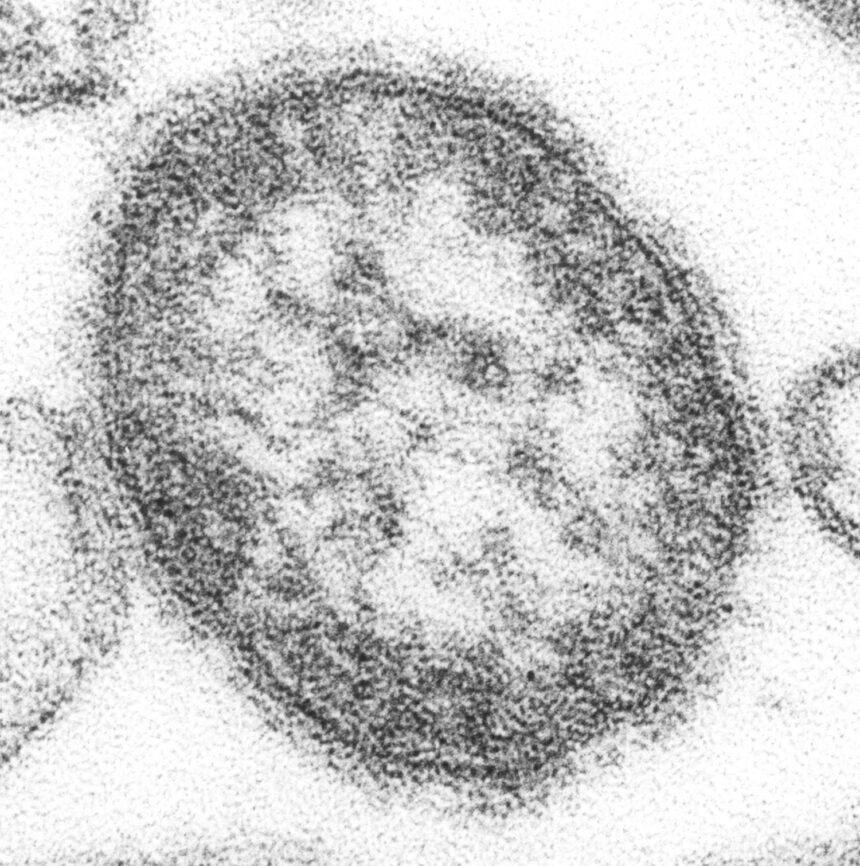An innovative outbreak detection program has made a significant breakthrough in tracking disease-causing viruses in wastewater. The program successfully identified the measles virus in samples collected in Houston in early January 2025, before any official cases were reported. This groundbreaking work was conducted by a collaborative team of researchers from Baylor College of Medicine, the School of Public Health at the University of Texas Health Science Center—Houston, the Houston Health Department, and Rice University. Their findings were recently published in the American Journal of Public Health.
Using a highly sensitive and specific sequencing-based approach to analyze genetic material in wastewater, the researchers were able to detect the presence of the measles virus. This method could have far-reaching implications for public health, particularly as a sentinel surveillance system to detect viruses before they lead to widespread outbreaks. With measles cases on the rise in Texas and across the country, this study offers a promising strategy to stay ahead of potential outbreaks.
Dr. Anthony Maresso, Joseph Melnick Endowed Chair and Professor in Molecular Virology and Microbiology at Baylor, emphasized the importance of systematically sequencing genetic material in wastewater to understand and predict viral outbreaks. The team’s surveillance program identified the measles virus in samples collected from two Houston water treatment facilities serving over 218,000 residents on Jan. 7. Subsequent confirmation of the virus in two travelers living in the same area further validated the accuracy of the detection method.
Dr. Sara Javornik Cregeen, assistant professor at Baylor’s Alkek Center for Metagenomics and Microbiome Research, highlighted the collaboration with the Houston Health Department and Rice University to confirm the measles signal using an alternative technique. The researchers had previously sequenced 821 wastewater samples from the same area over 31 months, all of which had been negative for the measles virus until this recent detection event.
Dr. Michael Tisza, assistant professor of molecular virology and microbiology at Baylor, noted that the team is now monitoring measles activity in West Texas cities, where the virus has been detected in wastewater samples. The researchers are continuously updating a sequencing-based health dashboard available to the public at tph.texas.gov/early-detection to report on the weekly activity of concerning viruses.
Dr. Eric Boerwinkle, dean of the UTHealth Houston School of Public Health and co-corresponding author, emphasized the role of sophisticated wastewater analysis as an early detection system to prevent measles outbreaks. He reiterated the importance of vaccination as the best protection against the measles virus, underscoring its safety and effectiveness.
This groundbreaking research showcases the potential of wastewater surveillance in public health preparedness and outbreak prevention. By leveraging advanced sequencing technology, researchers can detect and monitor viruses in communities, providing valuable insights for timely intervention and control measures.








